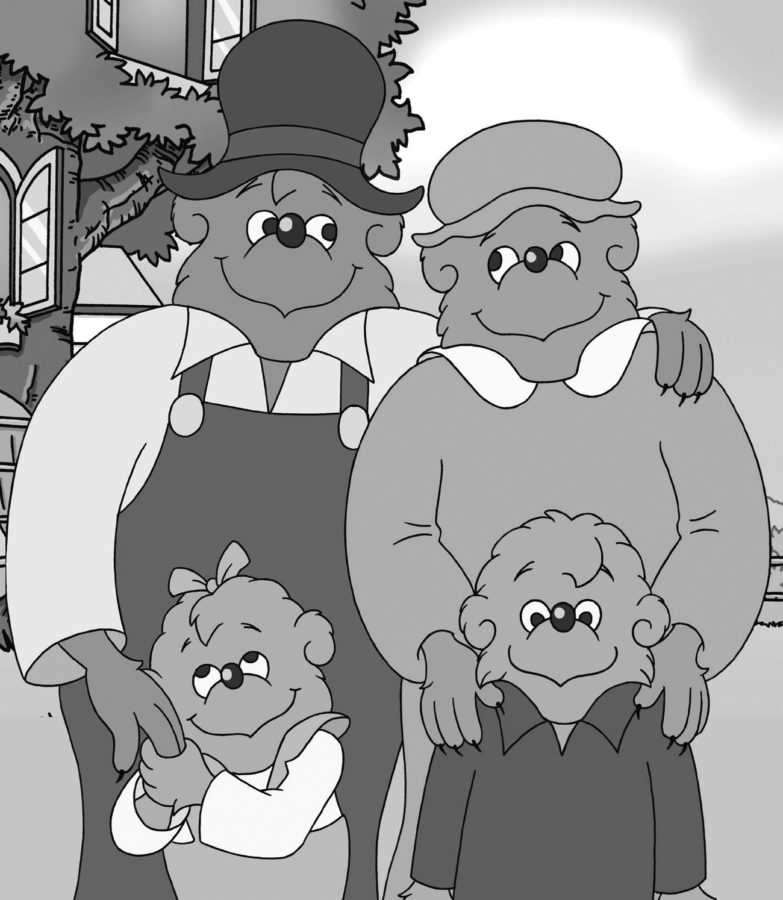Scientists say ‘Mandela Effect’ all in your mind
Berenstein or Berenstain?: Children’s show “The Berenstain Bears” is a famous example of a phenomenon known as the Mandela Effect.
November 7, 2018
South African leader Nelson Mandela did not die in prison. The bears in those children’s books were always named Berenstain. And that TV show was indeed called Sex and the City.
Anyone who ever thought otherwise has fallen victim to what some people call “the Mandela Effect.” Some people simply consider it an unusual coincidence that others may have misremembered the same thing as they had. Others, though, see bigger significance in it, with some people on the internet even claiming that it’s evidence of parallel universes.
Science, however, provides one basic fact to counter those internet claims: People, scientists say, are pretty bad at remembering things.
Consider the Mandela case. On Dec. 5, 2013, Mandela died. But social media erupted, with many people saying they remembered him dying as a political prisoner in South Africa during the 1980s.
Plenty of other people, however, still remember the worldwide celebrations that occurred when Mandela was released from prison, so not everyone remembered him dying in jail.
Also, as an article from Snopes.com points out, “Memories aren’t pure. They can be distorted by any number of factors, including bias, association, imagination, and peer pressure.”
Because of that, the article said, ”perhaps it’s simply a case of two isolated bits of knowledge — that Nelson Mandela spent a long time in prison and that he’s dead — being pieced together into a false memory in the absence of an actual recollection of the announcement of his death.”
But what about the Berenstain bears, whose name so many people remember as being spelled “Berenstein”?
Rather than a tear in the fabric of reality, scientists have a simpler theory: “One explanation … is that names ending in “stein” are far more common than those ending in “stain.” People’s recollections are distorted by prior associations and expectations,” the Snopes article points out.
As scientists in a New York Post article said, when people see a claim from someone, that claim may sway people’s own memories, especially if people lacked concrete or deep memories or connections to the subject to begin with.
Sometimes it can be something as easy as convenience. People remember Darth Vader in Star Wars saying, “Luke, I am your father,” when the actual line is “No, I am your father.”
“It’s been pointed out that people would have substituted “No” with “Luke” in order to keep the context in place when quoting it,” the Post article said. “If you just went around saying, `No, I am your father,’ you’d potentially sound like a weirdo.”




